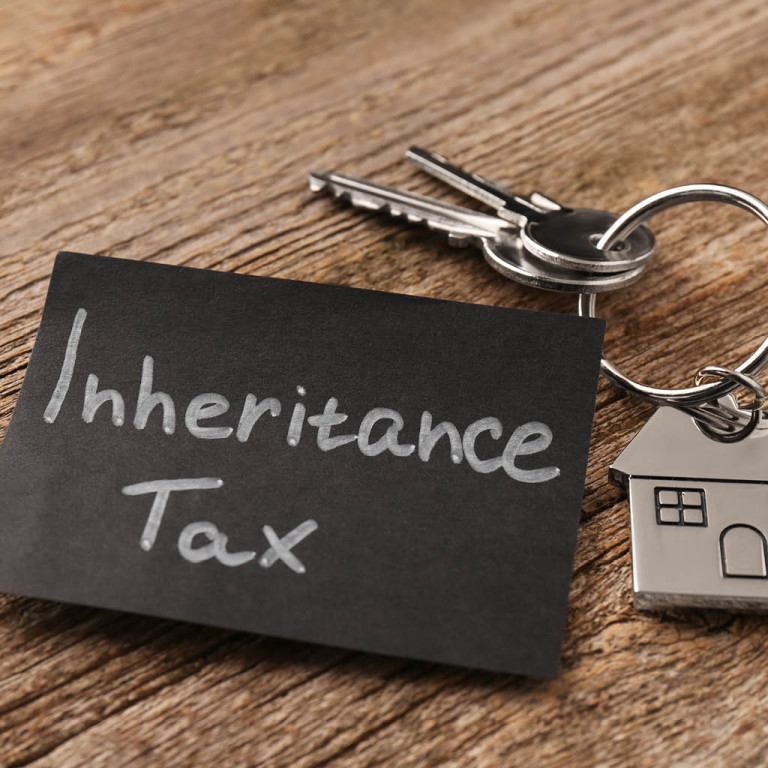Making sure that your intended beneficiaries are accurately described in your Will is an important part of ensuring that your Executors can administer the estate correctly. However, what happens if you are required to act in an estate where the intended beneficiary is a charity which does not exist? Where the wording of the gift is ambiguous, and there is no means to determine the deceased’s meaning or intention, it can often mean that the gift will fail. However, a recent case in the High Court may offer some assistance.
In the case of Knipe v British Racing Drivers Motorsport Charity and others, the deceased had left charitable bequests in his Will to four specified charities. However, at the time of his death, two of those charities did not exist, and the Court had to consider how those gifts should be interpreted. To do so they followed previously established principles which enabled them to look at the wider context of the Testator’s circumstances and the Will’s preparation. Unfortunately, the solicitor’s file for the preparation of the Will had been destroyed, so there was no evidence of the instructions given. As such, the Court looked instead to other contextual considerations and extrinsic evidence.
The first gift which the Court considered was to ‘British Racing Drivers Club' Benevolent Fund’. Although this institution did not actually exist, the Court took this to mean a gift to the British Racing Drivers’ Club Motor Sports Charity, which was a registered charity and benevolent fund administered by the British Racing Drivers’ Club. The Court took into account the fact that the deceased had formerly been a long-standing member of the club and a professional racing driver. As such, and in the absence of any other candidate, the Court determined that this was the charity that he must have meant.
The second gift was to ‘Cancer Research Fund’. In this case, the Court could not determine that this related to a specific institution. The phrase was ambiguous and therefore extrinsic evidence was admitted, which showed that this name had been taken at different times by several subsidiary charities which had subsequently been removed from the charities register. Four of these had been in existence at the time the Will was prepared, but no longer existed by the date of death. There was no evidence to show which of these cancer research charities the deceased had in mind as he had no particular connection to any one of them. However, the Court was able to determine that even if no charity was specified the general charitable intention remained. As such, the Cy-prés doctrine applied, which means that the gift would pass to a charity as close as possible in purpose to the intended original so that the gift could survive.
This case shows, in the context of charities at least, that the Court is likely to save charitable gifts where possible. Nevertheless, it is vital – to save time and cost to your estate – for your Executors not to have to go down the Court route in the first place. Do ensure, then, that your Will is correctly drafted so that the Court’s intervention is not required.
How we can help
If you would like to put a Will in place, or amend one you already have, our dedicated Wills team are on hand and happy to help. Contact them on 01392 207 020 or on our online contact form.





